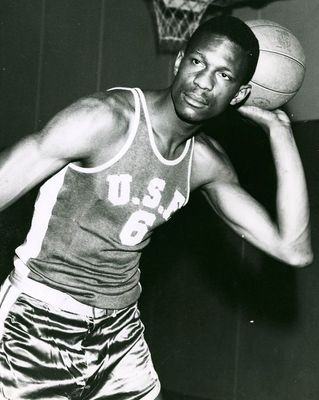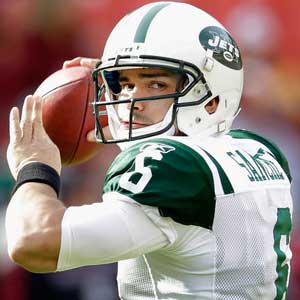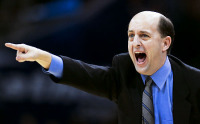March Madness and the problem of peaking too soon
Taking a bit of a risk running back-to-back sports posts this week, but I need to make sure that Tim Sackett doesn't surpass me in next year's 8 Man Rotation E-book, but after watching some more (not all that much, admittedly), of the NCAA Men's College Basketball tournament, ('March Madness'), I wanted to weigh in with a short observation and perhaps note some parallels to work, specifically what can happen when projects drag out too long. Bill Russell - 1956
Bill Russell - 1956
Here's the observation - March Madness is the only major sports-related championship tournament (or playoff or process) that actually gets less interesting and compelling as it progresses. At the start of the 68 team tourney, fans and casual observers around the country are excited and energized, eagerly filling out tournament brackets where we pick winners of games played by teams we have never seen play, and often never even heard of. These bracket challenges, even when just for bragging rights amongst friends and co-workers, give us more of a stake and rooting interest in the action. The tournament's first full round is usually highlighted by a few startling upsets, adding to the overall sense of excitement and hype. And since many of these early games are played on weekdays during 'normal' working hours in most of the USA, (something that almost never happens in major US sports any longer), for many fans taking an extended lunch, or sneaking some looks at the online live stream from the office add to the fun. Lots of games, some underdogs, (not that many) winning, and for at least the first day or two, a chance to maybe even win some cash if your bracket seems to be holding up well.
But once the tournament progresses and the teams are whittled down from 64 to 32 to 16, the excitement generally trails off. Most 'Cinderella'-type early upset winners lose in their next game, (not always but pretty often), our bracket selections begin to start unravelling as it is revealed that picking winners in college games is not in our core competencies, and the several day break in the middle of the tournament tends to take the air out of the entire spectacle. And as the rounds progress knocking the field down to 8 and then the Final Four, traditional powers of the sport usually re-emerge, and fans are subjected to what seems like hours of platitudes from network announcers about the remarkable leadership skills displayed by middle-aged million-dollar head coaches. By the very end, many fans are left to ask questions like, 'This thing isn't over yet?', and 'Do we really need another Rick Pitino book?'
March Madness is great, spectacular even for about two days and then it slowly loses steam, energy, and becomes far less compelling as it meanders to its finish. Sure, the actual championship game sometimes provides a bit of a spark, but often becomes immediately forgettable once the last strains of 'One Shining Moment' fade away. And if you don't get the reference, that is ok, 97% of the rest of the public is right there with you. Only the most ardent fans could tell you who won the championship just one year ago, and I challenge anyone reading this post to name the title winners from 2010 or 2009 without looking it up.
So that's my observation about March Madness. Starts great, loses momentum, drags on too long, then lifts a bit at the end, and finally most of us are really glad its over.
Seems to have quite a few elements in common with many of the projects that work on all the time. Lots of fanfare at the beginning, maybe a lavish kick-off meeting and some rousing speeches, then quickly morphing into a kind of long slog with many fewer people remaining engaged, then hopefully, a success at the end, (a shipment, a 'go-live', a completed contract), almost immediately folllowed by an Outlook invitation for a 'lessons learned' or 'post-mortem' meeting.
People love March Madness. And most of us love new projects and the excitement of that bit of the unknown inherent in both.
The trick is to make that excitement sustainable past the opening night.

 Steve
Steve



